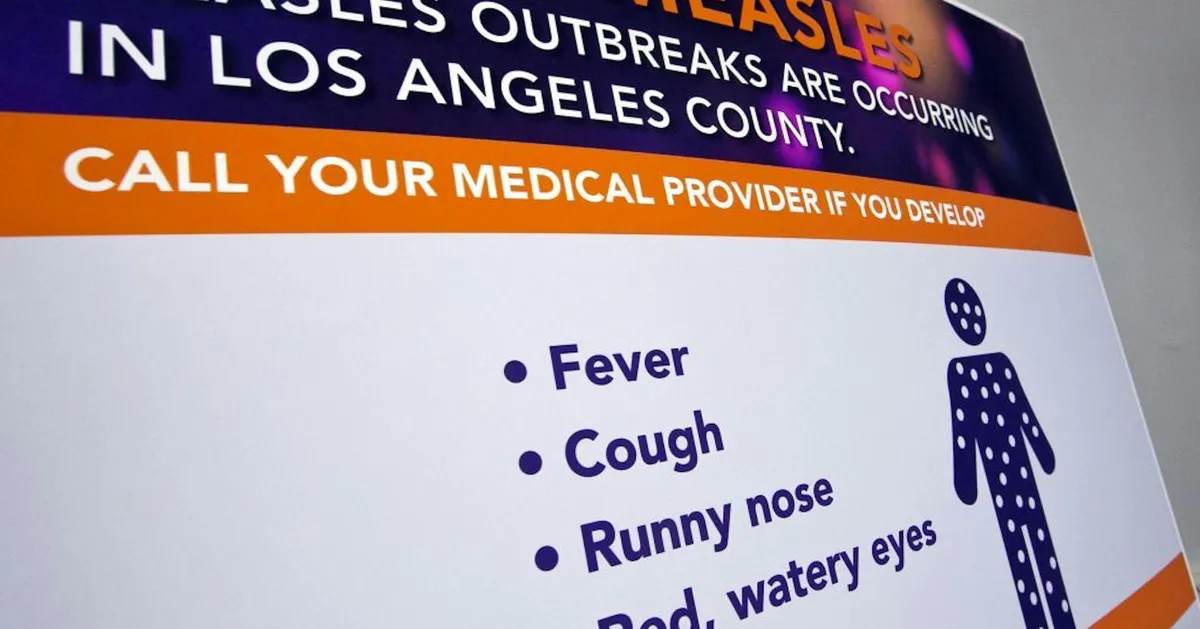
Minnesota public health officials have reported two additional cases of measles, raising alarm among health authorities. Among those affected is an unvaccinated child from Dakota County who has no recent travel history or known exposure to the highly contagious measles virus. The lack of identified transmission sources indicates that the measles virus may be spreading undetected, according to Jessica Hancock-Allen, the director of the infectious disease division at the Minnesota Department of Health. “Anytime we confirm a case of measles unrelated to travel that has no known source, it is worrying,” Hancock-Allen stated.
The unvaccinated child was confirmed to be infectious while visiting the theme park located within the Mall of America on May 24, between the hours of 5 p.m. and 9 p.m. Health officials are advising all visitors who were at the mall during this time to closely monitor for symptoms of measles. Classic symptoms include an itchy rash that covers the body, along with fever, cough, runny nose, and watery eyes. Due to the virus's incubation period, those potentially exposed may start showing symptoms between May 31 and June 14.
The second case reported on Monday involves an adult from Washington County who was exposed to the measles virus during travel outside of Minnesota. The vaccination status of this individual is currently unknown. This brings the total number of reported measles cases in Minnesota to four for the year 2025, following a significant outbreak in 2024 that resulted in 70 infections, primarily affecting young, unvaccinated children from the Somali community in the state.
Measles is recognized as one of the fastest-spreading infectious diseases globally. It can be transmitted through airborne droplets from an infected person's breath, which can linger in the air for up to two hours after the person has left the room. Individuals can be infectious up to four days before displaying any symptoms, making early detection and vaccination crucial for preventing further spread.
The recent cases come at a time when Minnesota's vaccination rates have plummeted. Once known for having one of the highest vaccination rates in the United States, the state has seen a significant decline in the number of children vaccinated for measles before entering kindergarten. This decline can be attributed to growing concerns among parents regarding the safety of vaccines, particularly stemming from the COVID-19 vaccination debates. The MMR vaccine, which protects against measles, mumps, and rubella, is typically administered in two doses at 12 months and again at four years of age.
Nationwide, the Centers for Disease Control and Prevention (CDC) reports over 1,000 measles infections and three related deaths this year, predominantly among unvaccinated children. A significant outbreak in Texas has resulted in more than 250 cases, highlighting the urgent need for increased awareness and vaccination against this preventable disease. As Minnesota grapples with these new cases, public health officials continue to emphasize the importance of vaccination to safeguard communities from the spread of measles.